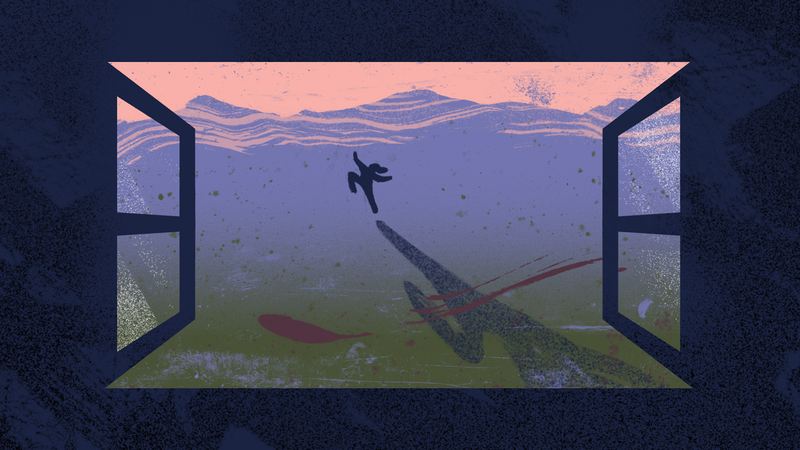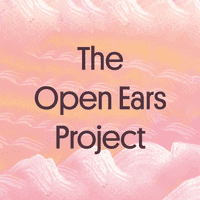The Open Ears Project - Episode Five: On Finding Joy
CLEMENCY BURTON HILL: This is the Open Ears Project, and it’s day five.
[Music - ’Juba Dance’ by Florence Price, Symphony No. 1]
AMINATOU SOW: I mean tell me if this doesn’t make you want to jump out of your seat and dance. Like I want live like someone who’s living in this piece all the time, who’s perpetually joyful in adversity.
I am Aminatou Sow, I'm an author and a host. I host a podcast called Call Your Girlfriend with and you know, just a lady around town.
We’re listening to the ’Juba Dance’ by Florence Price from her first Symphony.
I was thirty-three years old, it’s quite recent. And I’d been sick for a really long time. I had a sense that I was getting a lot of bad news. So I was you know, I said the word cancer before the doctor because doctors are as they should be very sensitive human beings. I am not that way. So I was like, yes, let's get on with it. Tell me tell me what's wrong.
And I just remember looking at my really truly wonderful gynecologist and thinking like wow, this is very hard for her.
And I had my phone and my headphones with me, I've been listening to a classical playlist and ended and then this was the next thing that it served me.
And I remember it was very joyful. And it was very defiant and it felt really romantic to me in this, like, very big way.
And it really just imprinted on my brain that day and I was like, this is the mood... this is the mood we are going for. Everybody else is borderline tears. They're whispering to you. They don't know what to tell you. I was very excited, I was like, oh my God, let me tell you. I finally have a... I have a thing that I know what it is. It's cancer, it's great! And people don't like to hear that.
I was like: Juba Dance...
It just became the background to illness for me.
There was something really spiritual about it and I'm not a very spiritual person. So It is very strange to me that I heard that, I heard religion and comfort and resilience immediately, and I heard exactly what I needed to hear.
So I didn't know anything about the composer Florence Price, and frankly didn't know anything about the Juba Dance and I was shocked to find out that she was African-American and started reading more about the Juba, which is a dance, essentially, that was brought over by enslaved people to America. People would perform to indicate like moments of Joy or moments of resistance and resilience because there was so much they were not allowed to do.
And even in the midst of really awful experiences, there can be something that brings you happiness and joy, and it is now part of the soundtrack of my life.
CBH: Aminatou Sow cheerleading for Florence Price who’s a composer who deserves so much more recognition, and her Juba Dance from her Symphony No. 1. If you need to channel that spirit of jubilation and resilience that Aminatou described, you can hear the whole track in full coming up right now. And if you’re enjoying what we’re doing on The Open Ears project, please subscribe wherever you get your podcast, and consider leaving us a rating and a review. It really helps other people find us. Alright, here she is, Miss Florence Price. I’ll see you tomorrow.
Copyright © 2019 New York Public Radio. All rights reserved. Visit our website terms of use at www.wnyc.org for further information. New York Public Radio transcripts are created on a rush deadline, often by contractors. This text may not be in its final form and may be updated or revised in the future. Accuracy and availability may vary. The authoritative record of New York Public Radio’s programming is the audio record. Note: The copyright date for any new transcripts should reflect the year the transcript is created. Also, for transcripts being created now for shows in the past, and send out or posted now, the language should be on the transcript (again, with the copyright date the transcript was created). For example, any transcripts created between now and the end of the year would have the copyright date of 2019, even if the show was made in 2018.

